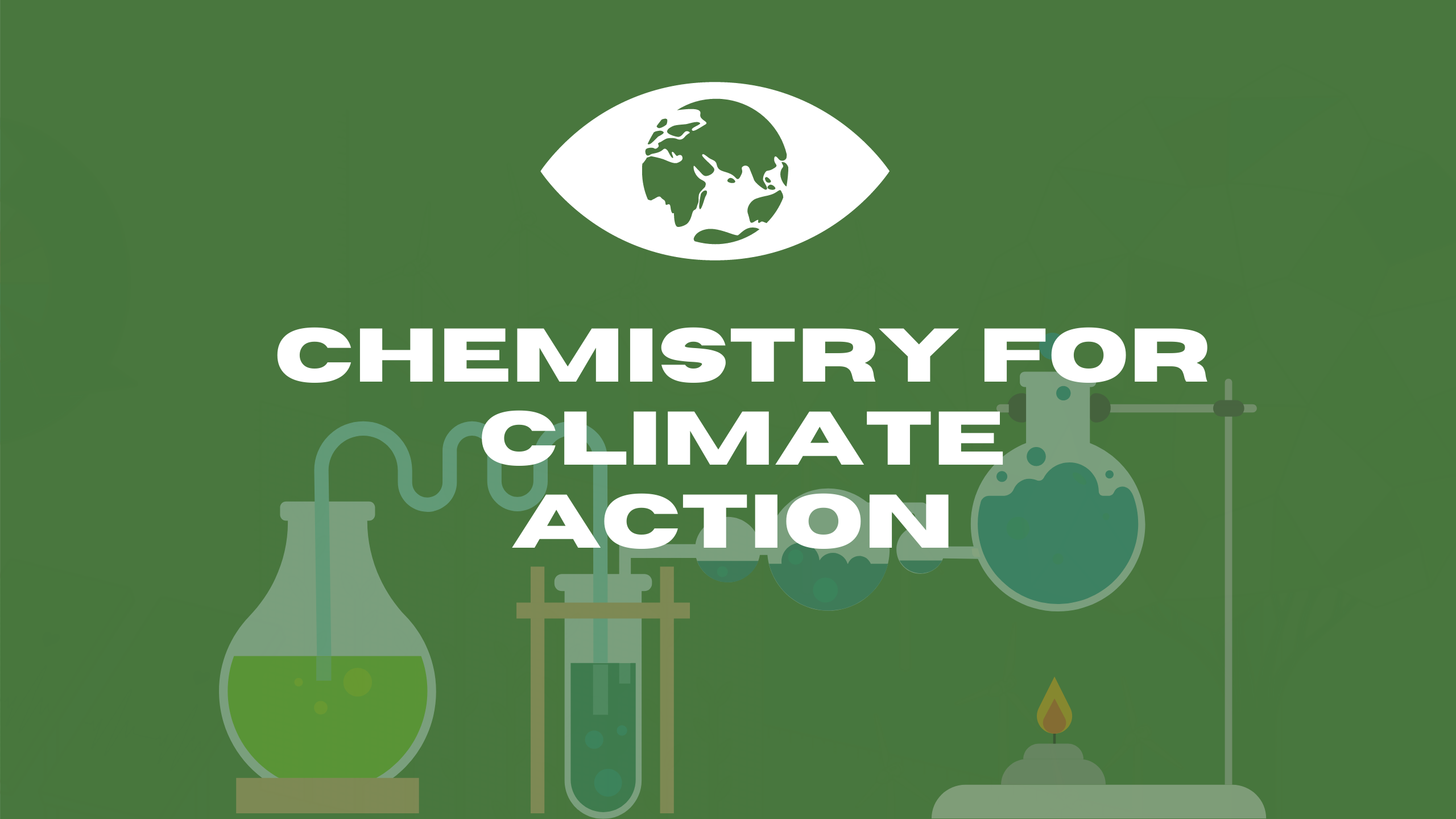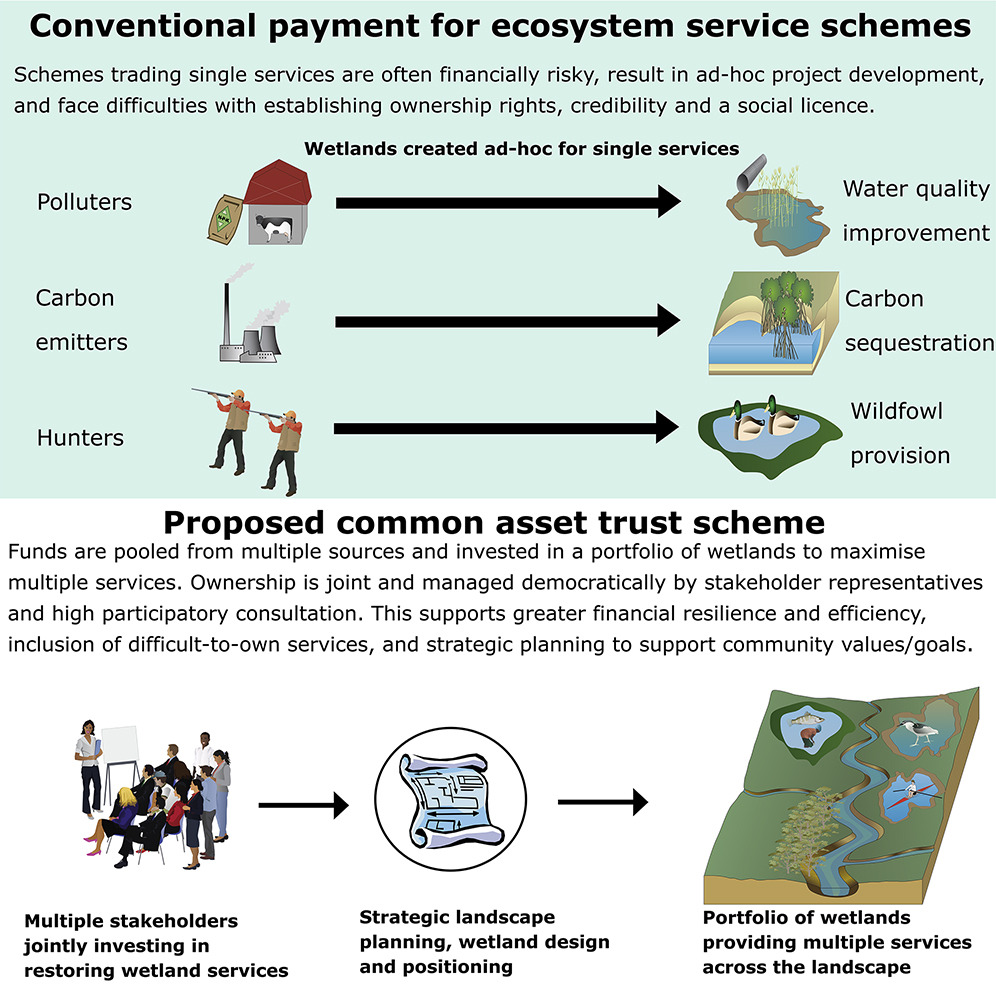This Comment article advances SDG 3 and 10 by highlighting the disproportionate imbalance of power in global health research, and calls for reforms in publishing and academia to ensure greater representation of global health researchers from low-income and middle-income countries in prestigious, high-impact journals.
This Comment article advances SDG 3 and 10 by making a case for bridging language barriers in global health research and overcoming the colonial legacy of language in global health (from the naming of infectious diseases to the use of global health terms with problematic historical connotations), with the aim of facilitating knowledge co-production and more equal research partnerships.
This study supports SDG 3 and 10 by highlighting an overrepresentation of Black children and adolescents in involuntary psychiatric hospitalisations, which may establish potentially lifelong negative mental health treatment trajectories and contribute to cycles of health inequality that persist in later life.
Elsevier,
Vascular Disease in Women, An Overview of the Literature and Treatment Recommendations, 2021, Pages 307-338
This chapter addresses SDG 3 and SDG 10 by discussing how to mitigate racial disparities in vascular care.
To show the importance of climate action and to celebrate the more than 5-year collaboration between the Elsevier Chemistry journals department and the Elsevier Foundation, we have compiled this special issue, highlighting top chemistry content related to SDG 13 and providing information on past winners of the Green & Sustainable Chemistry Challenge.
Wetlands provide ∼$47.4 trillion/year worth of ecosystem services globally and support immense biodiversity, yet face widespread drainage and pollution, and large-scale wetlands restoration is urgently needed. Payment for ecosystem service (PES) schemes provide a viable avenue for funding large-scale wetland restoration. However, schemes around the globe differ substantially in their goals, structure, challenges, and effectiveness in supporting large-scale wetland restoration.
Stroke (Seventh Edition): Pathophysiology, Diagnosis, and Management, 2022, Pages 179-186.e3
This chapter advances the UN SDG Goal 3: Good Health and Goal 10: Reduced Inequalities by examining the evidence that lower socioeconomic status is associated with both higher incidence of stroke and worse outcomes following stroke.
Supports wind energy
Mitophagy, a selective type of autophagy, eliminates selectively damaged/weakened mitochondria. Impaired mitophagy emerges in early AD progression. Compromised mitophagy contributes to mitochondrial dysfunction and abnormal energy metabolism in AD. Targeting mitophagy could be a promising therapeutic avenue for the prevention and treatment of AD.
Elsevier,
Zika Virus Biology, Transmission, and Pathology Volume 1: The Neuroscience of Zika 2021, Pages 43-54
This book chapter advances SDG3 Good Health and Wellbeing and SDG 10 Reducing Inequalities by focusing on the social inequalities in the occurrence of Zika virus (ZIKV) infection and congenital Zika syndrome (CZS).


